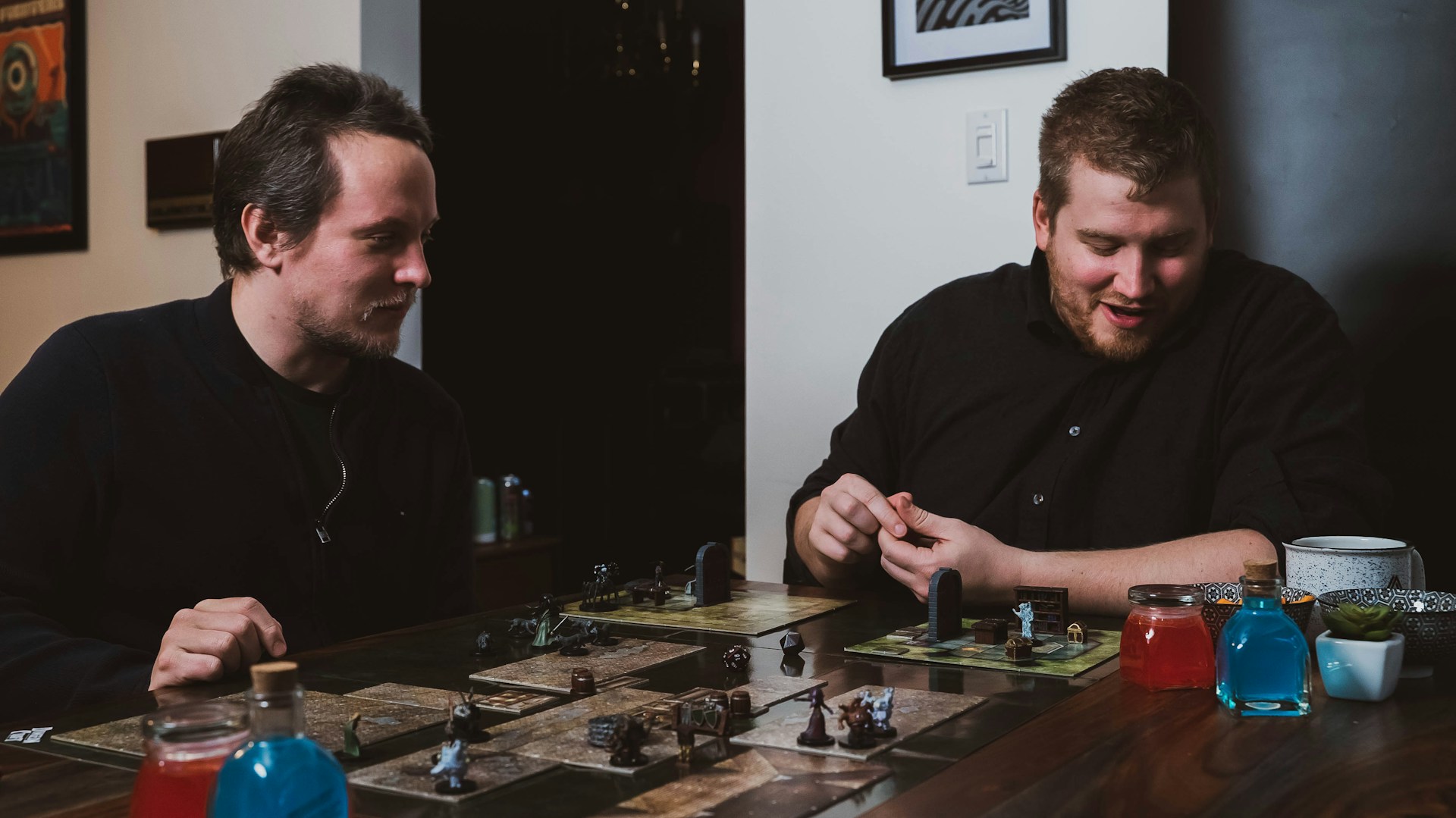The world of Dungeons & Dragons (D&D), the iconic role-playing game launched in 1974, has become the latest battleground in the culture wars. Recent changes to its rules and terminology aimed at increasing inclusivity have sparked outrage among long-time players and divided the community.
According to a report by the New York Times, D&D’s publisher, Wizards of the Coast (a subsidiary of Hasbro), is removing racial distinctions among characters, replacing the term “race” with “species,” and altering attributes historically tied to certain characters. For example, mountain elves, traditionally known for their rugged durability, and high elves, prized for intelligence and dexterity, will no longer have these traits highlighted in competitive play. Additionally, players in tournaments can now halt games if they feel uncomfortable, according to new rules designed to foster a “safe and inclusive” environment.
The changes are being positioned as necessary for broadening D&D’s appeal, but many fans see them as an overcorrection. Robert J. Kuntz, an award-winning game designer and collaborator with some of the game’s original creators, criticized the decision to eliminate racial distinctions. “It’s an unnecessary thing,” he said. “It attempts to play into something that I’m not sure is even worthy of addressing, as if the word ‘race’ is bad.”
These updates have been in development for two years, with players testing the changes in advance. Wizards of the Coast explained the reasoning in a 2022 update on its website, stating, “We understand ‘race’ is a problematic term that has had prejudiced links between real-world people and the fantasy peoples of D&D worlds.”
Proponents of the changes argue that they make the game more welcoming to a diverse audience. “What they’re trying to do here is put up a signal flare,” said Ryan Lessard, a writer and frequent D&D player, “that this game is a safe, inclusive, thoughtful, and sensitive approach to fantasy storytelling.”
Others, however, worry the changes strip the game of its unique flavor. “All the species are becoming humans with decorations,” lamented veteran gamer Devin Cutler. For many fans, the distinctive qualities of characters such as elves and dwarves were integral to the gameplay experience.
Meanwhile, D&D’s popularity has surged in recent years, fueled by its pop culture appearances in shows like Stranger Things and The Big Bang Theory. The updated 2024 Player’s Handbook has been a bestseller, but the community remains sharply divided over whether the changes honor the game’s legacy or undermine it.
Even Elon Musk weighed in on the controversy with a cheeky post on X: “How much is Hasbro?”


Leave a Comment